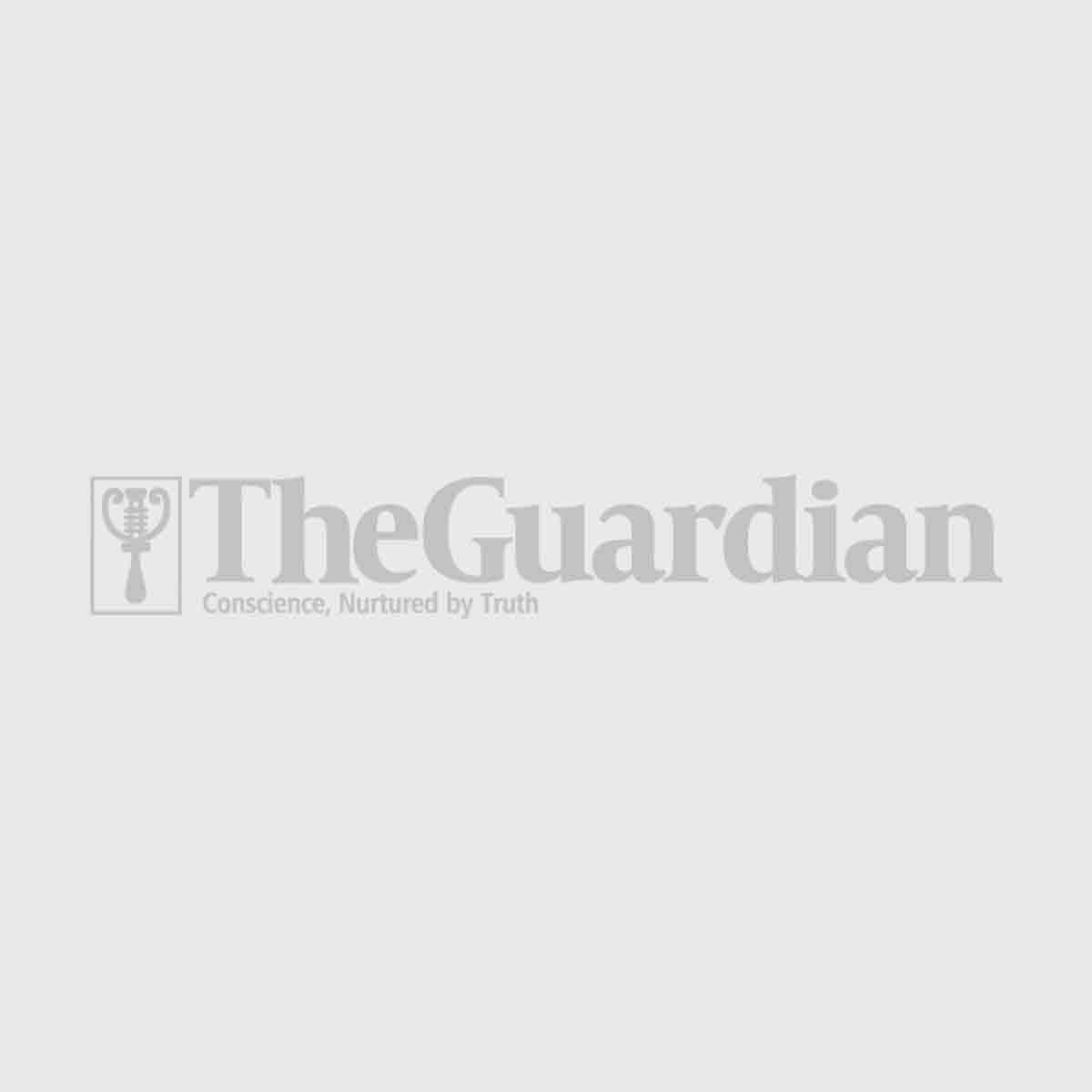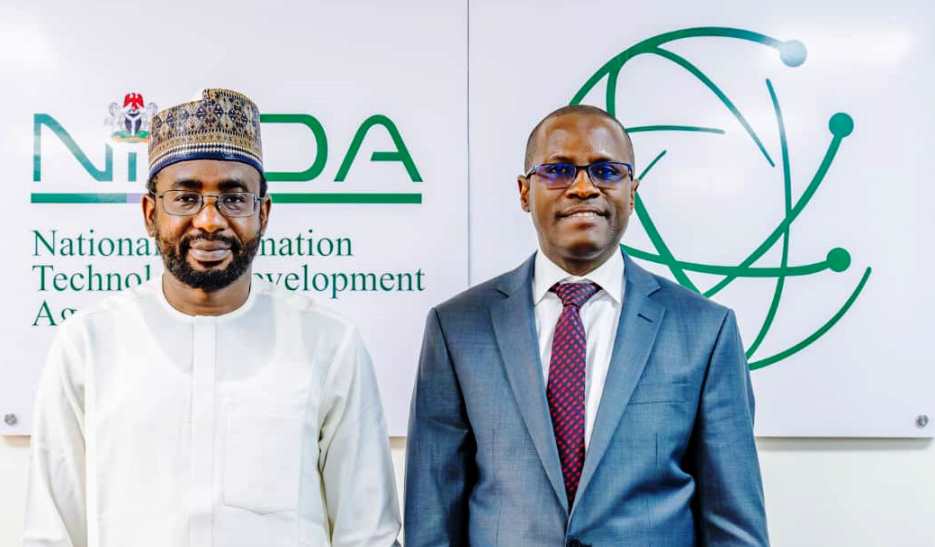Nigeria’s ongoing efforts to reinforce its democratic processes have taken a bold step forward, as the University of Lagos (UNILAG) has launched an innovative nine-month professional diploma programme focused on election monitoring and administration. This development, unveiled by Dr. Ben Onwudinjo, the Programme Coordinator at UNILAG’s Human Resources Development Centre (HRDC), comes at a time when the integrity of electoral processes across Africa remains under intense scrutiny.
According to Dr. Onwudinjo, who addressed journalists at a news briefing in Abuja recently, the new diploma aims to foster a generation of skilled professionals capable of ensuring that Nigeria’s 2027 general elections—and future polls—are conducted with unprecedented credibility and transparency. The HRDC will offer this programme in collaboration with The Praxis College of Engineering and Technology, Abuja, with the inaugural cohort set to commence on October 12. This initiative is considered timely, not only for Nigeria but for West African neighbors such as Ghana, whose own electoral systems have faced similar challenges in the past decade.
Participants for the programme will include a diverse range of interested individuals: technical staff, aspiring or current politicians, and those who wish to serve as local and international election monitors or observers, stated Dr. Onwudinjo. Other eligible applicants include party agents, human rights advocates, non-governmental organisations (NGOs), civil society organisations (CSOs), as well as aides to government figures at both federal and state levels.
“Our goal is to open this opportunity not only to government workers and politicians, but also to private citizens who are passionate about democratic governance,” Dr. Onwudinjo explained, highlighting that tuition payments are expected to be partially settled prior to the commencement of classes. He noted that early applicants would benefit from learning global best practices and modern techniques—from how to effectively monitor elections to identifying and avoiding common pitfalls that have plagued previous polls in Nigeria and elsewhere in Africa.
Expanding on the quality of instruction, Dr. Onwudinjo indicated that UNILAG is assembling a team of renowned resource persons, including professionals from the United Nations, prestigious international and local election observatory organizations, and top scholars from Nigerian academia. Notably, these instructors will represent all six geopolitical zones, ensuring broad-based expertise and inclusivity. The formal course content will also draw contributions from members of the Nigerian Bar Association, international NGOs, and other electoral governance stakeholders with the goal of aligning curriculum delivery to international standards.
With the first session beginning on October 12, 2025, and spanning nine months, successful candidates will be awarded the Professional Diploma Certificate in Election Monitoring and Administration from the University of Lagos. Graduates of the programme will not only qualify to serve as election observers and consultants in the 2027 general elections, but can also extend their expertise to similar assignments in Africa and beyond. Dr. Onwudinjo emphasized the vital role these professionals will play in strengthening democratic institutions across Nigeria and neighboring countries.
To ensure wide participation, official invitations have been sent to all 36 state governors, senators, federal and state lawmakers, and ministers, asking them to nominate their technical staff for the diploma. According to official reports, each state governor may nominate up to 100 candidates, each senator 20, House of Representatives members 10, and each member of state assemblies four participants. However, Dr. Onwudinjo clarified that private citizens and political stakeholders are equally encouraged to sponsor candidates, underscoring the programme’s inclusive vision.
Interested individuals can find detailed application procedures on the HRDC website (hrdc.unilag.edu.ng), under “Admission into 2025/2026 session.” The diploma is designed as a part-time course, with online lectures held on Saturdays—making it accessible to busy professionals and candidates from diverse regions of Nigeria and West Africa. Examinations are expected to utilize a computer-based test (CBT) format, mirroring global e-assessment standards in education.
Academically, participants will be required to engage in lectures, assignments, term papers, supervised projects, continuous assessments, and field trips. The curriculum will span two semesters, blending theoretical knowledge with hands-on experience. Graduates will emerge not just as election consultants, but also as public policy analysts—opening up career progression pathways in the public and private sectors. UNILAG will provide direct access to official academic transcripts, allowing for seamless career advancement or further study.
Significantly, Dr. Onwudinjo noted that completion of the inaugural edition of the diploma will factor into the selection process for technical staff involved in the 2027 elections and future polls. This move is expected to establish a professional baseline for those tasked with safeguarding electoral integrity and further aligns with best practices observed in countries like Ghana, where electoral observer training has been credited for improved election transparency according to a 2023 report from West Africa Elections Observers.
Beyond election monitoring, the HRDC is simultaneously introducing four other diploma courses: Anti-Corruption Management and Administration, Security and Counter-Security Management and Administration, Public Administration and Governance, and Business Administration and Entrepreneurship. Each of these fields responds to critical needs in Nigeria’s governance, security, and business environment, and together, they represent a robust new direction for professional development in West Africa.
Reactions and Local Perspectives
The introduction of a structured, university-backed course in election monitoring has sparked positive anticipation among legal and civic experts. Lagos-based political analyst Chidi Nwosu describes the initiative as “a crucial turning point,” stating, “If Nigeria is to realize the promise of its democracy and prevent the recurring controversies during elections, training those who oversee and administer the process cannot be overemphasized.” Civil rights activist Aisha Ali echoed similar sentiments, adding, “Empowering our youths, party agents, and civil society with global best practices is the way to safeguard the vote.”
However, some stakeholders expressed caution about implementation, citing concerns regarding the affordability of the programme for grassroots activists and the need for independent oversight to ensure the curriculum remains apolitical. According to Abuja-based legal expert Dr. Emmanuel Adamu, “Transparency in candidate selection and scholarship availability for low-income participants will determine the real impact of this laudable initiative.”
Regional and Continental Implications
The HRDC’s initiative resonates beyond Nigeria’s borders. Countries across West Africa, including Ghana, Sierra Leone, and Liberia, have also grappled with election integrity. The move by a leading Nigerian institution to formalize election monitoring education could encourage similar programmes elsewhere on the continent, amplifying Africa’s drive towards democratic consolidation and peace. Analysts believe such academic-led approaches can aid in mitigating post-election disputes, which have troubled several West African states in recent years.
Looking Ahead
As Nigeria prepares for the 2027 polls, the spotlight will be squarely on the effectiveness of this pioneering programme. Will it usher in a new era of best-in-class election observers and administrators? Will it become a benchmark for other African nations aiming to strengthen their own democracies? Only time will tell, but the first step—rooted in rigorous academic preparation—is now underway.
Do you believe formal education and professional training can make Nigeria’s elections more credible? What steps do you think are most necessary to ensure free and fair elections across Africa? Share your thoughts in the comments below and don’t forget to follow us for ongoing coverage of Nigeria’s democratic evolution.
We want to hear from you! If you have a news tip, opinion piece, or election story to share—or want your story published—email us at story@nowahalazone.com. For general support, reach out at support@nowahalazone.com.
Stay connected and keep the conversation going—follow us on Facebook, X (Twitter), and Instagram for the latest updates and community stories!










